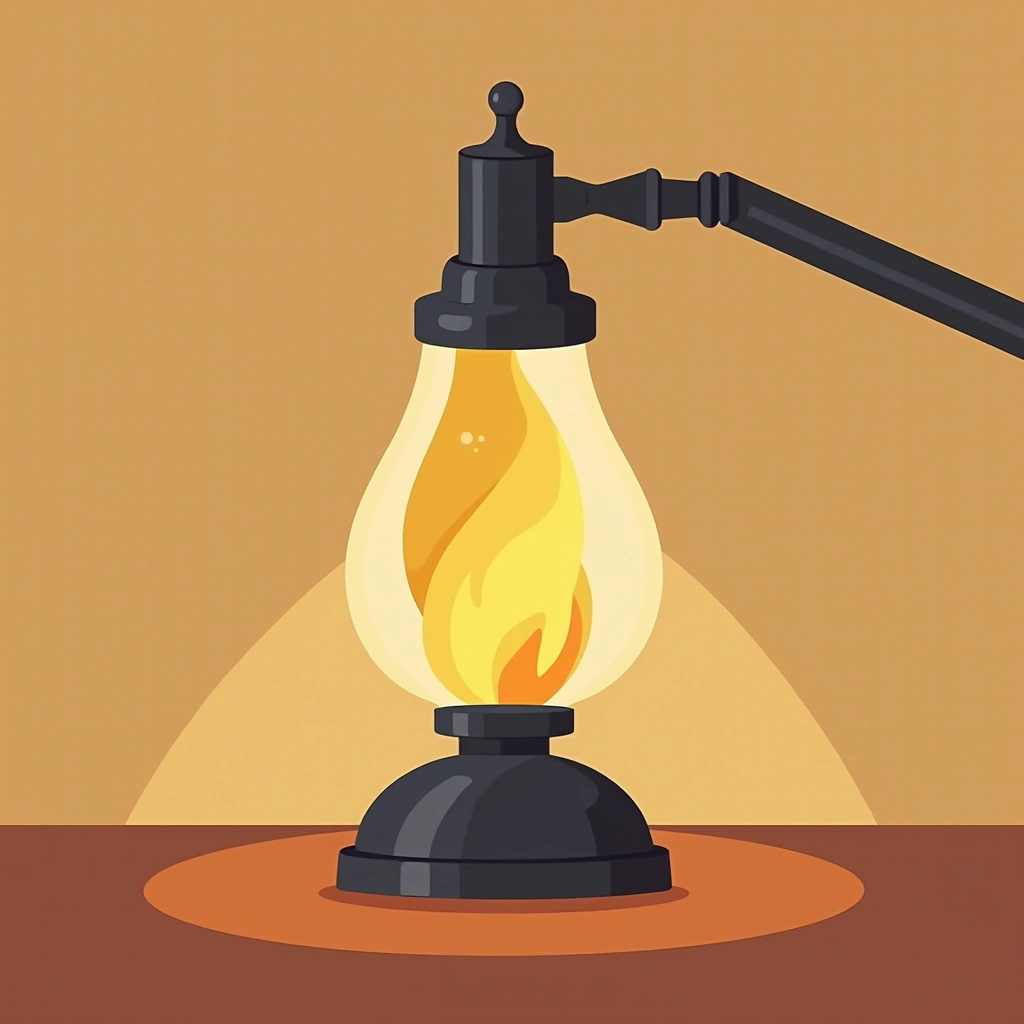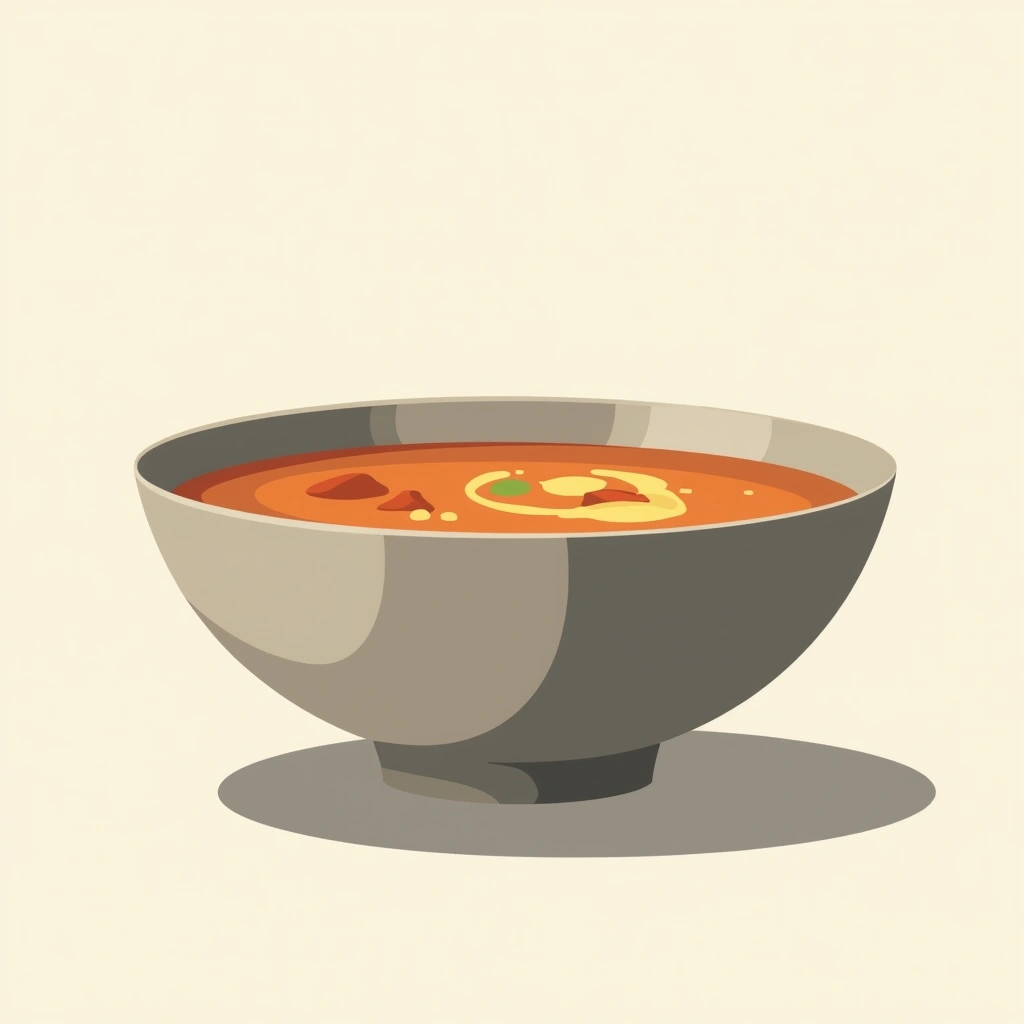
Early Morning Walks
Started the day with brisk walks around the White House grounds to clear the mind and prepare for work. This habit provided physical activity and quiet reflection time before official duties began.



Minimalist Breakfast Routine
Ate a simple meal of one egg, toast, and coffee each morning. Avoided heavy meals to maintain focus and reduce lethargy during critical morning work sessions.



Speechwriting on Scraps
Jotted down ideas for speeches on loose paper fragments stored in a desk. This allowed spontaneous capture of thoughts, later synthesized into cohesive addresses like the Gettysburg Address.



Public Office Hours
Held daily meetings with citizens to hear concerns directly. This open-door policy fostered transparency and connected Lincoln to grassroots issues despite wartime pressures.



Afternoon Carriage Rides
Took scheduled carriage rides with his wife to decompress. These outings provided mental respite and reinforced familial bonds amid presidential responsibilities.



Apple-Centric Snacking
Frequently ate apples with nuts or cheese for quick energy. This habit provided sustained nutrition during busy days without interrupting workflow.



Nighttime Correspondence
Wrote letters and reviewed documents late into the night. This maximized productivity during quieter hours when distractions were minimal.



Newspaper Skimming
Scanned newspapers for key updates but delegated detailed analysis to aides. This balanced staying informed with avoiding media overload.



Humor in Crisis
Used storytelling and wit to diffuse tension during meetings. Anecdotes like the riverboat captain parable illustrated complex ideas accessibly.



Sparing Alcohol Use
Avoided alcohol at meals, opting for water or coffee. This reflected a deliberate choice to maintain clarity in decision-making.



Military Camp Visits
Traveled to battlefronts to consult generals and boost troop morale. Direct engagement with soldiers informed his strategic decisions.



Grief Rituals
Reserved weekly time to privately mourn his son Willie. These sessions provided emotional release amid presidential duties.



Library Self-Education
Dedicated hours to studying legal and historical texts. This self-directed learning compensated for his limited formal schooling.



Debate Preparation
Anticipated counterarguments meticulously before key discussions. This thoroughness built rhetorical strength and bipartisan credibility.



Frugal Hospitality
Served modest meals like oyster stew to guests. This reflected both wartime austerity and personal disdain for excess.

